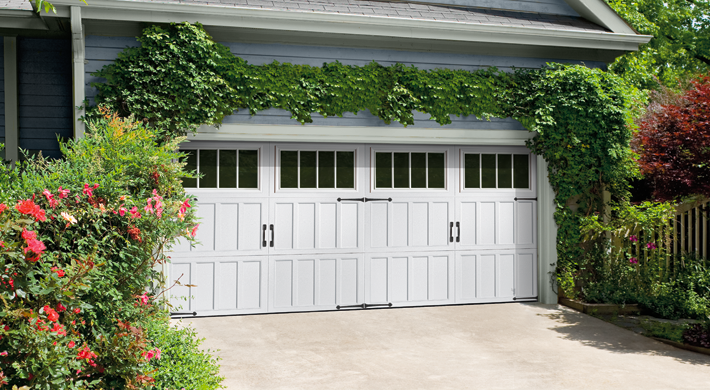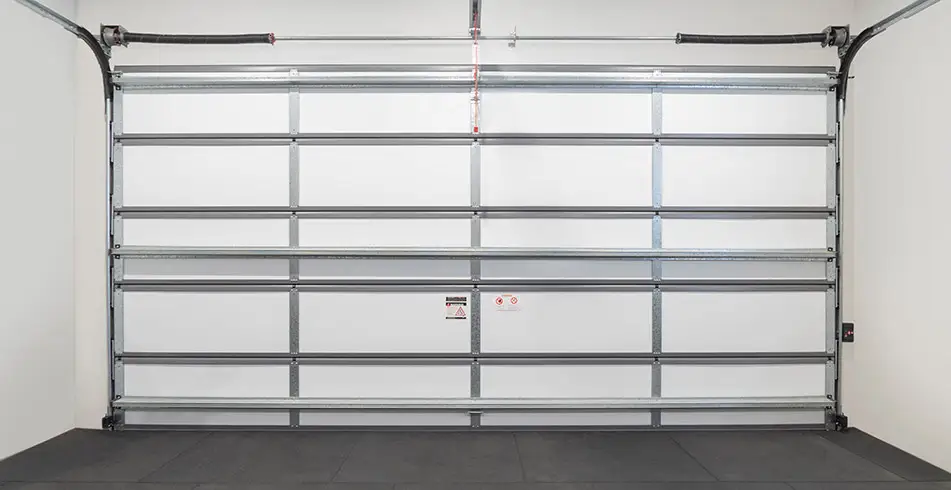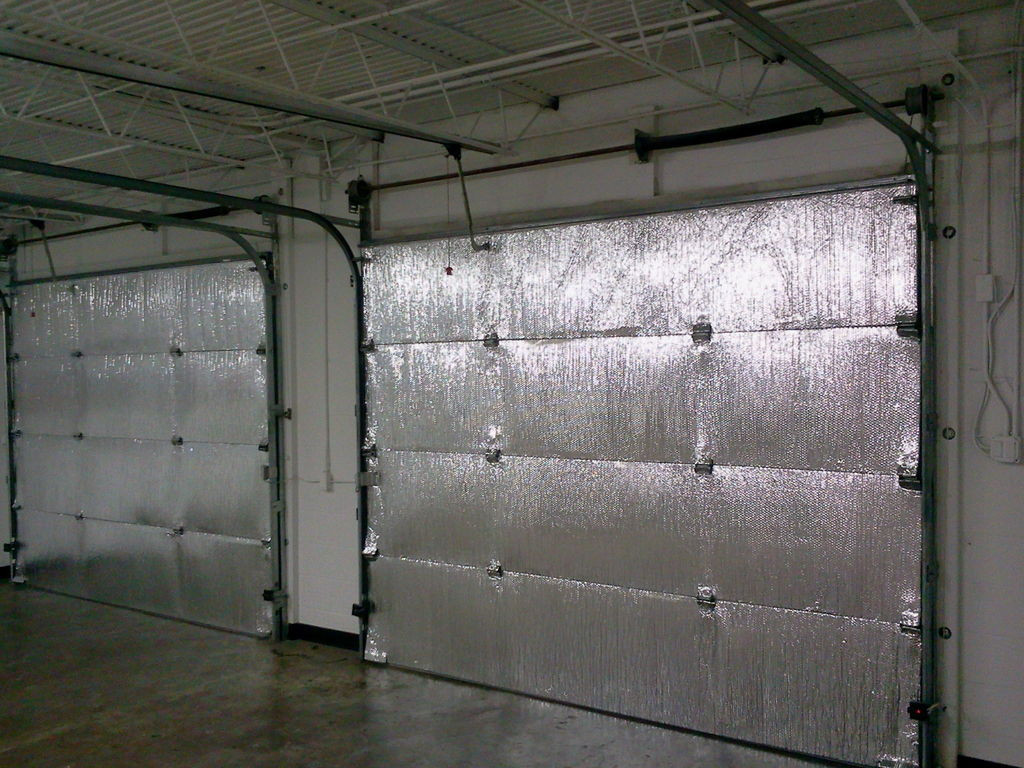When it comes to home improvement and energy efficiency, a frequently asked question by homeowners is, how well does garage door insulation work?. If you’ve ever noticed your garage becoming excessively hot in the summer or unbearably cold in the winter, it may be time to explore the benefits of garage door insulation. This article aims to provide a comprehensive look into the workings, benefits, and considerations of insulating your garage door.
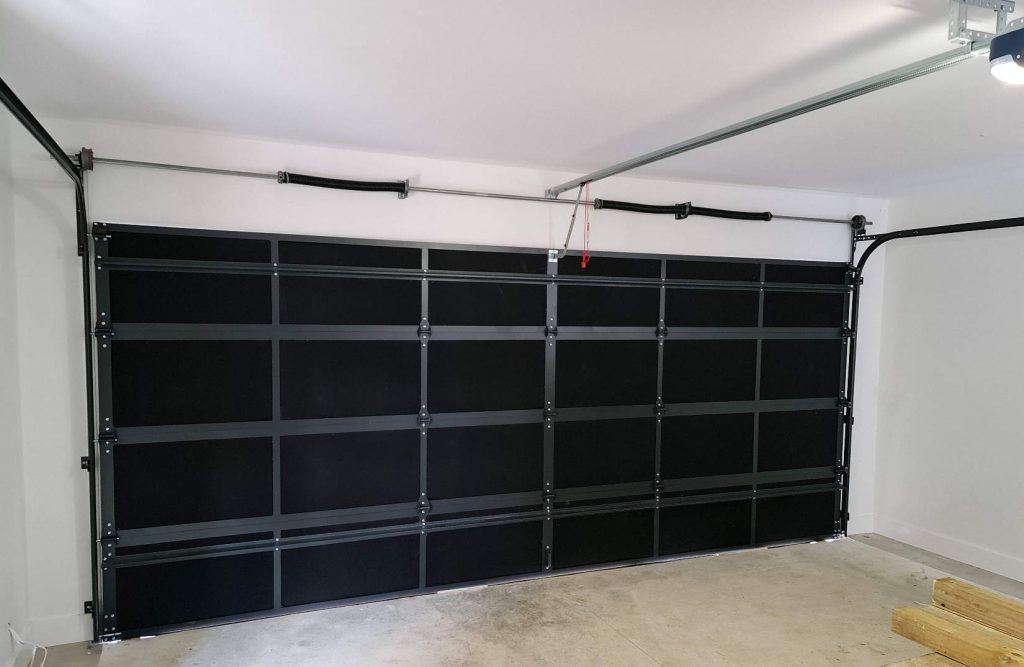
What is Garage Door Insulation?
Garage door insulation refers to the process of adding an insulating material to your garage door to reduce heat loss or gain. The most common materials used are polystyrene and polyurethane. Polystyrene offers excellent noise reduction and is relatively affordable, while polyurethane provides higher energy efficiency but comes at a higher cost.
Why Insulate Your Garage Door?
Energy Savings
One of the biggest benefits of garage door insulation is energy savings. An insulated garage door helps maintain a more consistent temperature inside the garage, which can reduce the amount of energy required to heat or cool your home. According to a report from the U.S. Department of Energy, an insulated garage can reduce energy loss by up to 25%.
Improved Comfort
An insulated garage door can make your garage a more comfortable place to spend time. Whether you use your garage as a workshop, gym, or additional living space, having a stable temperature can make all the difference.
Protection for Your Belongings
Many homeowners use their garage to store valuable items such as vehicles, tools, and seasonal decorations. An insulated garage door can help protect these items from extreme temperatures, which can cause damage over time.
Types of Garage Door Insulation
Polystyrene Insulation
Polystyrene is a rigid foam insulation that is easy to install and provides excellent thermal insulation and noise reduction. It is typically less expensive than other insulation types but may not offer the same level of energy efficiency.
Polyurethane Insulation
Polyurethane is a spray foam that expands and hardens inside your garage door. It offers superior thermal insulation and noise reduction but is generally more expensive and requires professional installation.
Benefits of Garage Door Insulation
Energy Efficiency
An insulated garage door can help you save on energy costs by keeping your garage and home more comfortable year-round. This can result in lower heating and cooling bills, especially if your garage is attached to your home.
Noise Reduction
If you live in a noisy neighborhood or near a busy street, an insulated garage door can help reduce the amount of noise that enters your garage and home. This can make your garage a quieter space to work or relax.
Increased Durability
Insulated garage doors are often stronger and more durable than non-insulated doors. This can result in a longer lifespan for your door and less frequent repairs.
How to Insulate Your Garage Door
Interested in insulating your garage door? According to Bob Vila, the process can be relatively simple and can often be done as a DIY project. However, it may be worth consulting with a professional to ensure the job is done correctly.
Costs Associated with Garage Door Insulation
Initial Investment
The cost of insulating your garage door can vary widely depending on the type of insulation and whether you choose to do it yourself or hire a professional. On average, homeowners can expect to pay between $200 and $600 for a DIY project and upw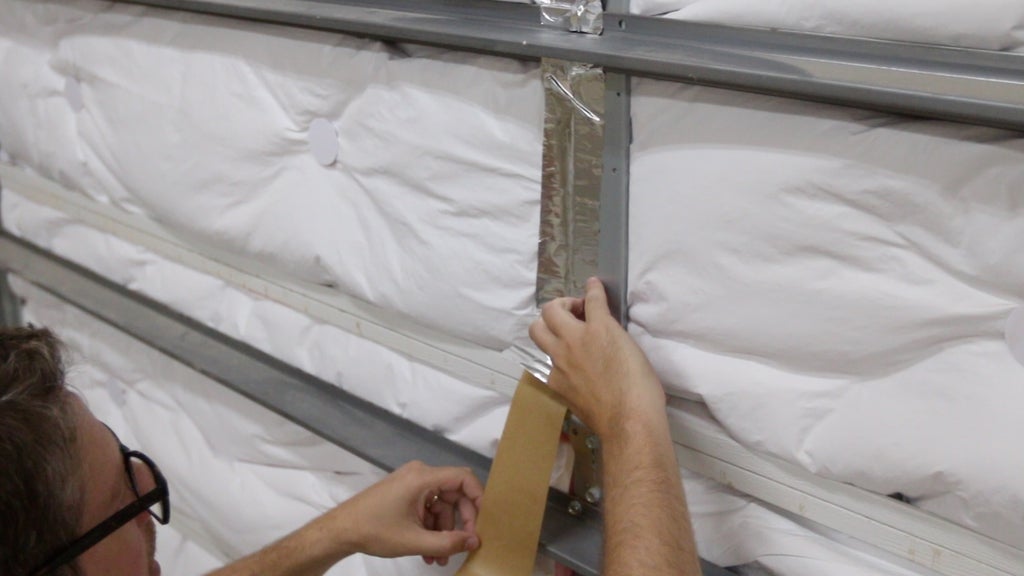 ards of $1,000 for professional installation.
ards of $1,000 for professional installation.
Long-term Savings
While the initial cost of garage door insulation can be high, the long-term savings on your energy bills can make it a worthwhile investment. Over time, the reduced energy consumption can offset the initial cost of the insulation.
Frequently Asked Questions (FAQs)
1. How well does garage door insulation work in extreme climates?
Garage door insulation can be especially effective in extreme climates, as it helps to maintain a more consistent temperature inside the garage. This can reduce the strain on your home’s heating and cooling systems.
2. Is it worth insulating an old garage door?
Insulating an old garage door can still provide significant benefits, including improved energy efficiency and noise reduction. However, if your door is in poor condition, it may be worth considering a replacement. For more details, check out this article on signs to replace your garage door.
3. Can I install garage door insulation myself?
Yes, many homeowners choose to install garage door insulation themselves. However, for the best results, it may be worth hiring a professional. Check this helpful guide on how to program garage door opener for detailed steps







